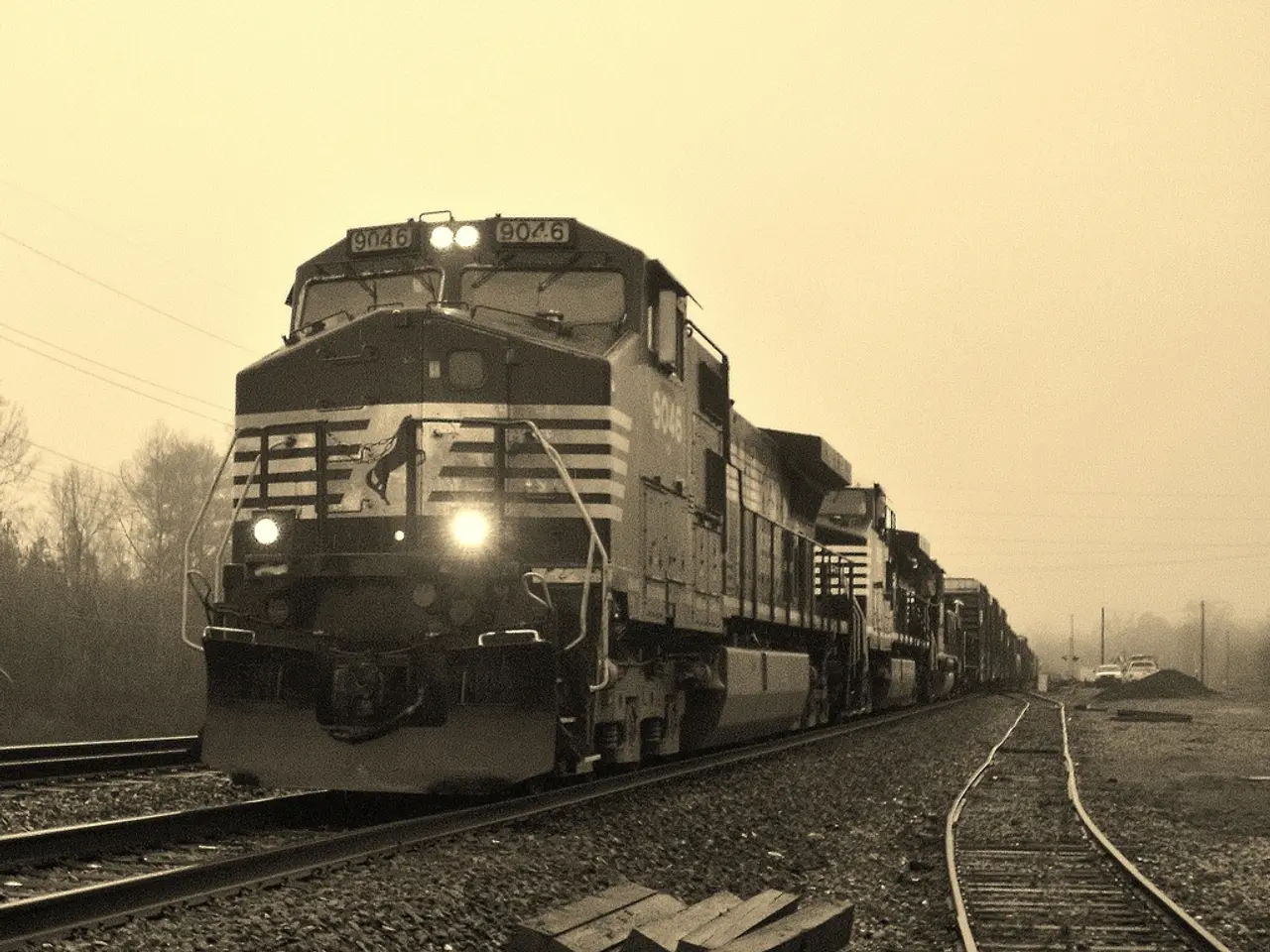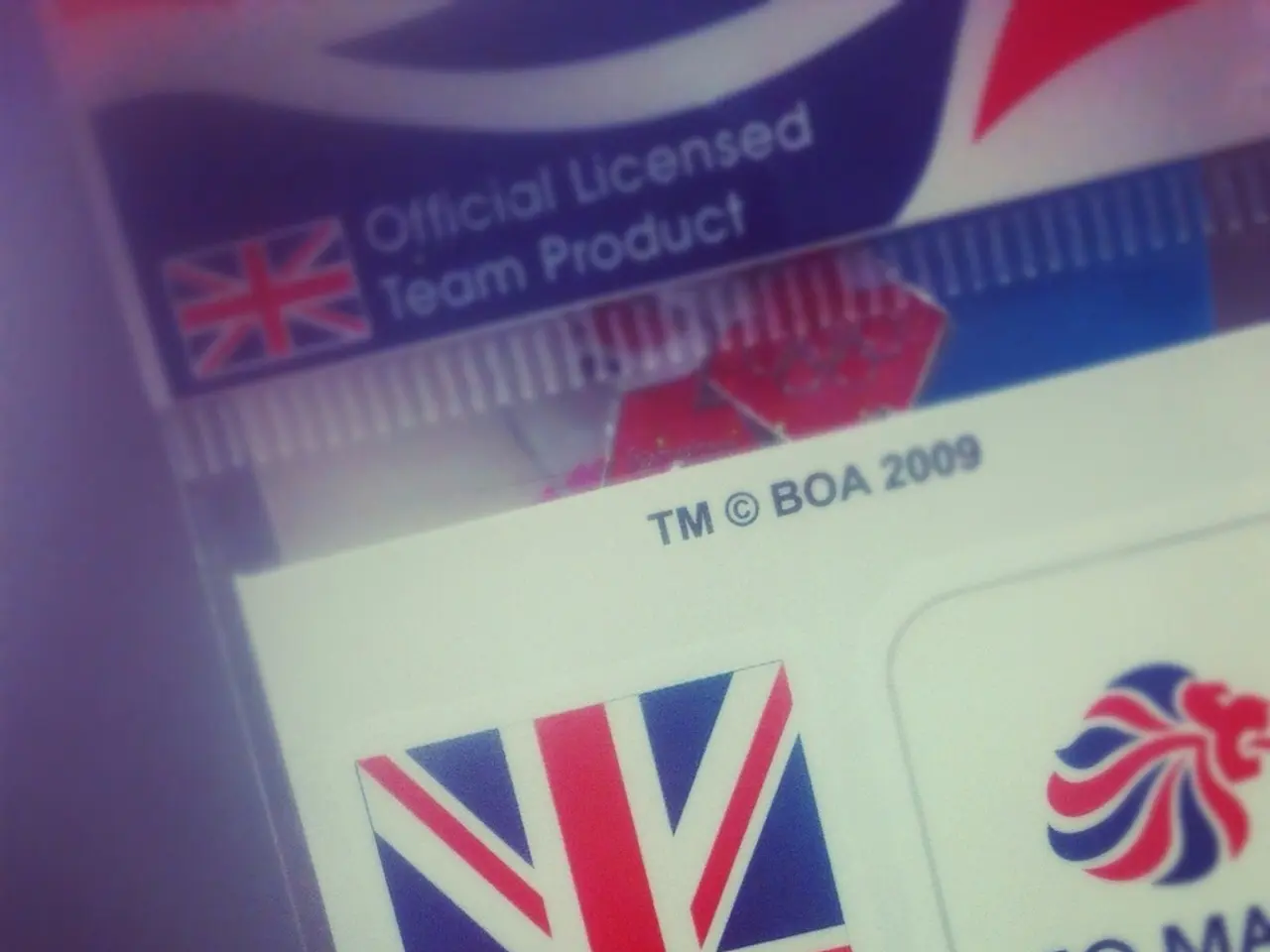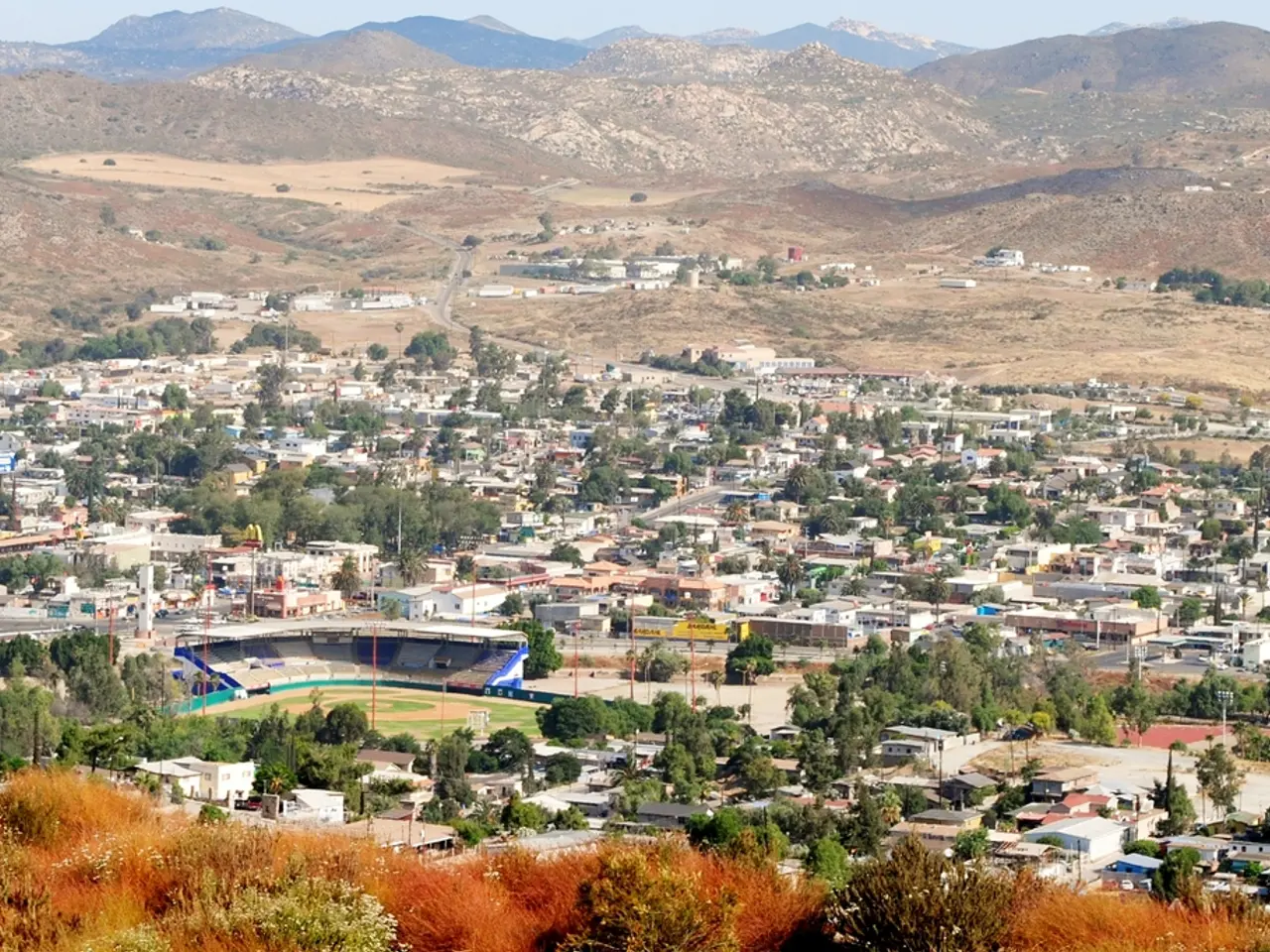United Kingdom-France agreement on migrant returns officially takes force
In early August 2025, a new deal between the UK and France came into force, aiming to manage migrants crossing the Channel in small boats. Known as the "one-in, one-out" scheme, this agreement seeks to curb record levels of irregular Channel crossings that have caused political tension and public discontent in the UK.
Under this pilot program, which will run until June 2026, migrants arriving irregularly in the UK can be detained and returned to France if they are ineligible for asylum. In exchange, the UK has agreed to accept an equal number of asylum applicants from France based on vulnerability and family or community ties to the UK.
The European Commission has given its approval to this innovative approach. The agreement was signed by the UK and French governments in late July 2025. Specific exclusions apply, such as those posing a national security or public order risk, previously removed migrants, or unaccompanied minors. The UK retains the right to open or close the route as necessary to maintain balance between admissions and returns.
Priority will be given to nationalities most vulnerable to smugglers and to people with ties in Britain. Keir Starmer, the UK's Prime Minister, has described the deal as a diplomatic victory, marking a significant improvement in cooperation between France and the UK on the issue.
In a bid to combat the promotion of dangerous immigration routes into the UK, the Starmer government plans to make it an offence to promote such crossings, including via the Channel, on social media. The border security bill, which includes this new provision, is currently making its way through parliament.
The Home Office has pledged $132 million for law enforcement, including additional manpower and technology, to combat the organised crossings. However, the Reform UK party, led by Nigel Farage, has criticized the agreement, stating it does not go far enough to secure Britain's borders.
Some officials in northern France have expressed criticism, claiming the scheme is too favorable to the UK. Despite these criticisms, the "one-in, one-out" deal sets a reciprocal framework for managing migrants crossing the Channel by small boats, aiming to deter irregular crossings and prioritize safer, managed asylum applications. It emphasizes a balance in numbers—each migrant returned to France corresponds to one accepted from France to the UK.
As of the end of July, the number of migrants making the dangerous journey in flimsy dinghies this year has crossed 25,000, marking the highest ever tally at this point in the year. With the implementation of the "one-in, one-out" deal, both the UK and France hope to find a more manageable solution to this ongoing issue.
The "one-in, one-out" deal, a policy-and-legislation between the UK and France, aims to mitigate irregular Channel crossings, a significant point of contention in UK politics. This agreement, under Inter-governmental discussions, involves returning irregular migrants to France and accepting an equal number of vulnerable asylum applicants from France. (policy-and-legislation, politics)
Currently, the UK and France are working towards a more manageable solution for the unparalleled number of migrants attempting the dangerous crossing in small boats, which has reached over 25,000 so far in 2025. Part of this solution includes the introduction of new crime-and-justice measures, like making it an offence to promote dangerous immigration routes via social media. (general-news, crime-and-justice)







